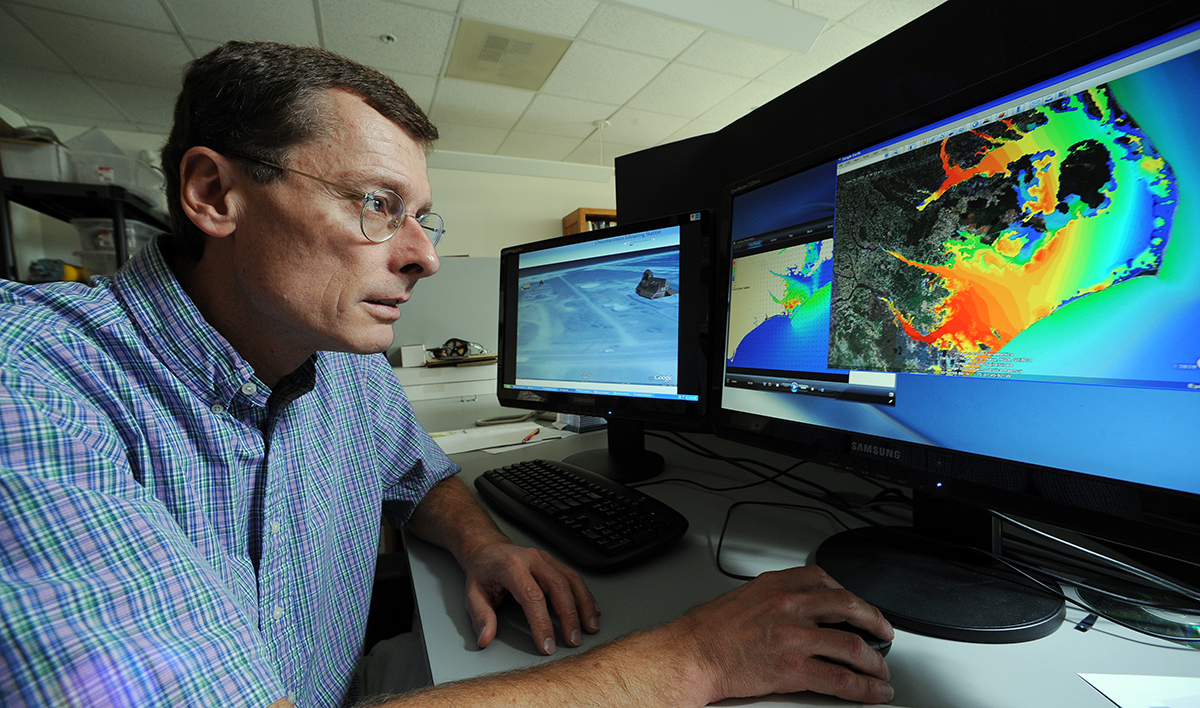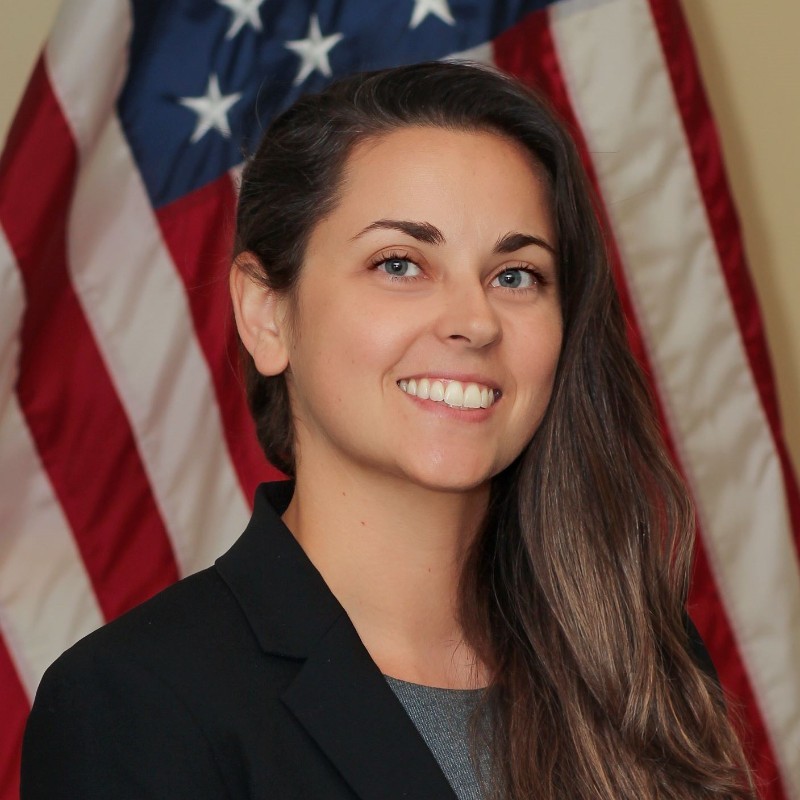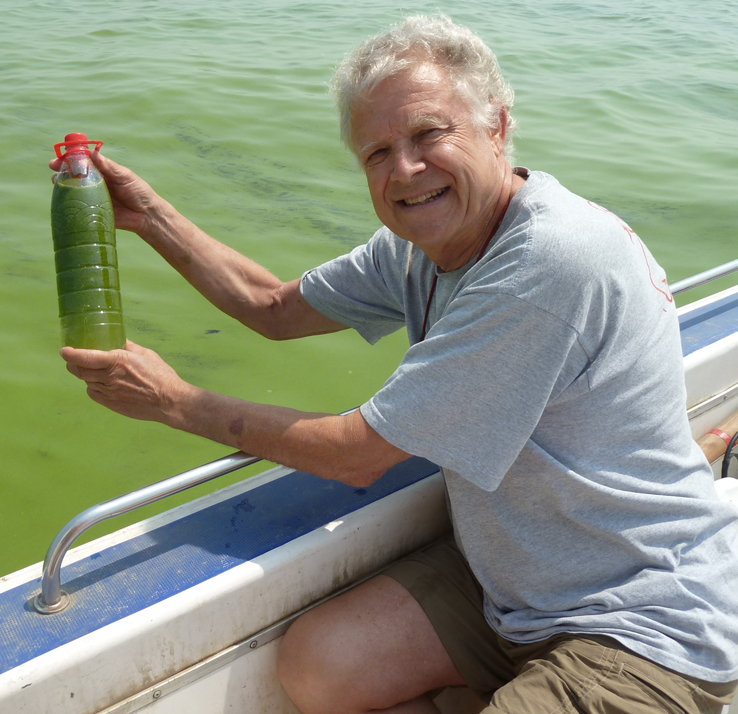UNC-Chapel Hill experts available to discuss hurricane season
University of North Carolina at Chapel Hill researchers and faculty are available to provide insight on storm surge and flooding, emergency management during natural disasters, water quality, beach erosion and other storm-related issues.

The Atlantic hurricane season has officially begun. The season which covers areas including the Atlantic Ocean, Gulf of Mexico and the Caribbean Sea may include 12- 17 named storms with five to nine hurricanes including one to four major hurricanes. Now is the perfect time to discuss topics including:
- The potential impact of hurricane season
- How to prepare for a major storm
- El Niño’s influence on storm development
“Warm ocean temperatures across the Gulf of Mexico, Caribbean and mid-latitude Atlantic hold the potential for an active 2023 hurricane season. However, El Niño conditions are expected to strengthen through the summer acting to suppress storm development,” says Carolina researcher Rick Luettich.
University of North Carolina at Chapel Hill researchers and faculty are also available to provide insight on storm surge and flooding, emergency management during natural disasters, water quality, beach erosion and other storm-related issues.
Experts
To connect with an expert, email mediarelations@unc.edu.

Rick Luettich
Rick Luettich can provide insight into how to protect the coast from environmental hazards and extreme weather events. He is also on the front lines predicting a storm’s potential impact as co-developer of the ADCIRC Prediction System, a system of computer programs used to predict storm surge and flooding. Several federal agencies and organizations and the emergency operations centers in several coastal states use Luettich’s model to assess risk, for design protection and to make decisions during storm events. He can discuss coastal risk, protection and forecasting storms.

Chip Konrad
Climatologist and geography professor Chip Konrad has expertise in a variety of topics including climatology and meteorology, including heavy precipitation, tornadoes, hurricanes, cold air outbreaks, heat waves and winter weather. He currently serves as the director of NOAA’s Southeast Regional Climate Center, which provides operational climate service programs and expertise in climate science for the southeastern United States.

Kathryn Van Tol
Kathryn Van Tol is an instructor for emergency management at the UNC-Chapel Hill School of Government. Van Tol is an expert on the laws and authorities related to emergency management, including state of emergency declarations, and is often on the front lines with North Carolina public officials during hurricanes. She works closely with the North Carolina Division of Emergency Management year-round to help local governments prepare for natural disasters. Van Tol can discuss what local governments are authorized to do during disasters, how they should prepare for scenarios like evacuations and debris removal, and federal regulations like FEMA contract requirements.

Hans W. Paerl
Hans W. Paerl is a distinguished professor of marine and environmental sciences at the UNC-Chapel Hill Institute of Marine Sciences. He is a water quality expert, focused on the harmful effects of toxic algae for both people and aquatic ecosystems. He can discuss the long-term impact of these blooms, including excessive nutrient inputs leading to algal blooms and their detrimental effects, including low oxygen (hypoxia), fish kills and toxicity of blooms, including digestive, liver and neurological impacts on human health.


